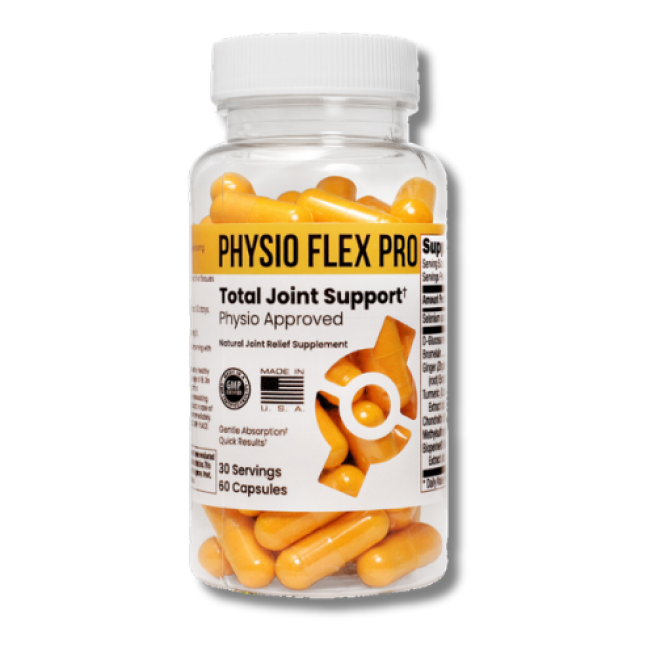Do you know that 18.1% of men and 23.5% of women in the U.S suffer from almost persistent knee pain? This pain increases as individuals get older and turn from 60 to 85. Many adults in the U.S. in the 60+ age-group complain of knee pain in particular and joint pain, in general. Does this mean that joint pain and aging go hand-in-hand? Is there a way to prevent it and enjoy better mobility, independence and a more comfortable quality of life?
Is pain a normal part of aging?
Joint pain may be a common complaint among the elderly but this does not mean that we take it as an inevitable effect of advancing age and ignore it. Studies show that elders tend to overlook such aches when they age and assume that pain and aging are intertwined.
The connection between pain and aging arises from the following:
- Natural changes occur in joints as you age and the pain may be a result of those.
- Years of use and strain on the joints have a negative impact on tissues and bones.
- The body’s ability to produce and maintain essential nutrients reduces with age and this impacts bone health, too.
The main culprit behind joint pain is cartilage degeneration. Cartilage is the soft, spongy tissue that acts as a cushion between the bone ends in the joints. When the cartilage is damaged or eroded, the bones scrape against one another and the result is pain, swelling, stiffness. In most elders, the cartilage degeneration is caused by osteoarthritis, the most common form of arthritis.
But can osteoarthritis and the most common resulting complaint of knee pain be prevented in elders? YES!
Try our Elderly Mobility Calculator.
How to prevent knee pain in old age?

Your knees bear the brunt of your body weight as you move, walk or run. After a lifetime of handling this kind of strain, it is easy to see why your knees wear out in old age. But there are ways to keep this weakness from transforming into debilitating pain.
- Inflexible muscles can often cause more stress to the knee joint. What can you do about it? Start doing exercises that target the right muscles. Building muscle flexibility and strength both help the joint get the support it needs to handle your body weight. Strong muscles restore range of motion to the stiff joint by letting the muscles take the brunt of the movement.
- Maintain the right body weight. Obesity is not just adding to the strain on your heart, it also puts a lot of unnecessary burden upon your knees. If you have put on excess weight, this is the time to cut down on calories and take weight loss seriously. Remember that weight loss will give you a better looking body and also healthier, painless knees apart from reducing your risk of heart disease and diabetes.
- Support your knees with the right posture. Often, we adopt unhealthy postures when we sit, sleep or walk. For example, if you spend long hours at your desk without proper leg support, your tendons and hamstrings are unnecessarily stretched all day. If you are in the habit of lifting heavy objects without adjusting posture first, then your knees are subjected to a sudden shock that they are unprepared for. Even regular use of high heels can put unnecessary strain upon your calves and knees. Change these habits and you will see some immediate relief from knee pain.
- Ensure you eat the right foods with the right plant nutrients. Usually, we ensure that our food has enough calcium by taking dairy products but fail to take in the other critical nutrients. For example, sulfur is a critical compound for bone building, repair and maintenance. If your diet lacks sulfur, your body is unable to restore the bones and tissue to health after heavy wear and tear.
Supplements for elderly knee pain treatment
It may just not be possible to fulfill the body’s need for nutrients through food alone. In such cases, supplements are a great way to break the connection between pain and aging. When choosing the best joint supplement make sure you find one that combines the Big Three of joint pain relief - Glucosamine, Chondroitin and MSM.
Physio Flex Pro is made in cGMP certified, FDA verified labs and it is a formulation that has come to market after extensive research. Recommended and used by physiotherapists, Physio Flex Pro is a safe elderly knee pain treatment that has been tried and tested with great results by millions across the globe.
If you're looking for the best joint supplement for women, we have a specific list to help you find the perfect match.





